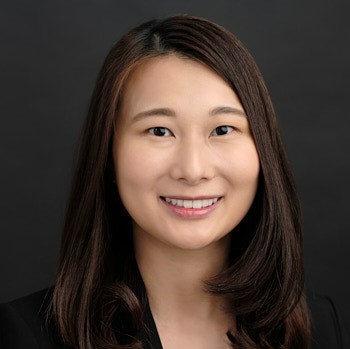Research is one of the foundational pillars of our simulation center. STRATUS has primarily focused on becoming a world leader in the study and application of human factors and cognitive engineering sciences in healthcare.
Simulation is one of the innovative methods the STRATUS research team has used to understand and improve human performance in a variety of settings, including emergency medicine, critical care, surgery, and space missions. Our focus is to develop novel tools and technologies that enhance learning, professional skills, and patient safety.
Human Factors and Cognitive Engineering Lab
The Human Factors and Cognitive Engineering lab at STRATUS, led by Dr. Roger Dias, brings together a multidisciplinary team of clinicians, engineers, psychologists, computer scientists, and educators, including collaborations with several scientists and institutions, nationally and internationally. Our research projects have been funded by the NIH (R01), NASA, DoD, NSF, and AHRQ.
Mission of the Lab
The core mission of our research lab involves the use of cutting-edge technologies to understand and improve clinicians’ performance, with the ultimate goal of enhancing patient safety and improving clinical outcomes.
Technologies
Our research lab uses advanced technologies including:
Recent Fellows

Sandra Park, MD
Dr. Sandra Park completed a Research Fellowship in Medical Simulation in 2022. She went on to become a general surgery resident and a postdoctoral research fellow at the Department of Emergency Medicine, Brigham and Women’s Hospital and Harvard Medical School. Dr. Park also received a Masters in Health Professions Education and has investigated cognitive load during simulation activities. Dr. Park utilizes her expertise in medicine and simulation education to further research cognitive engineering, augmented and virtual reality education, and team-based activities to improve quality of education.


